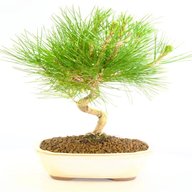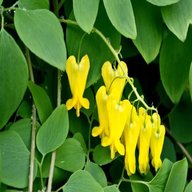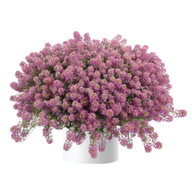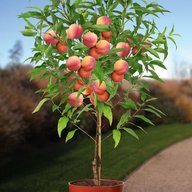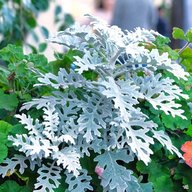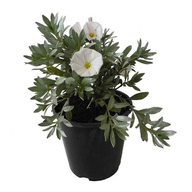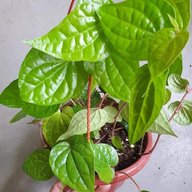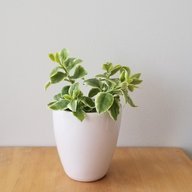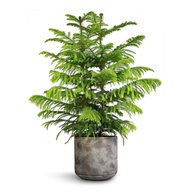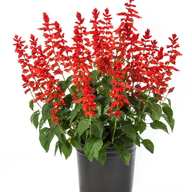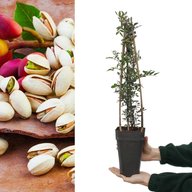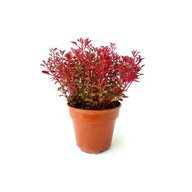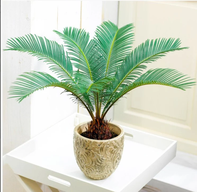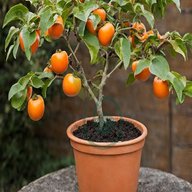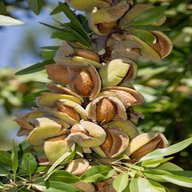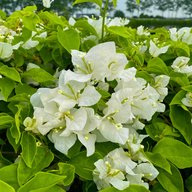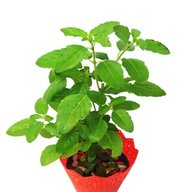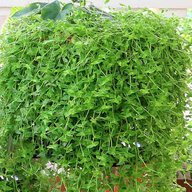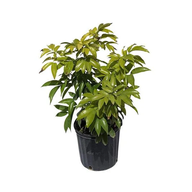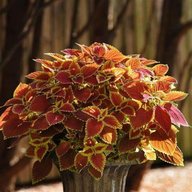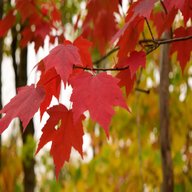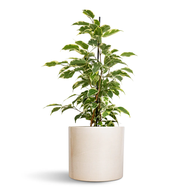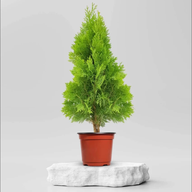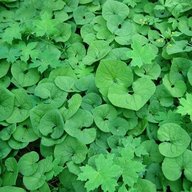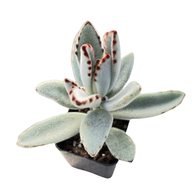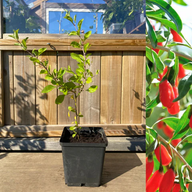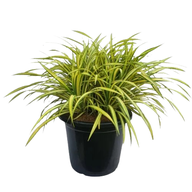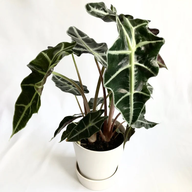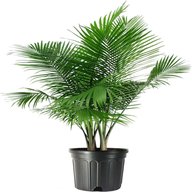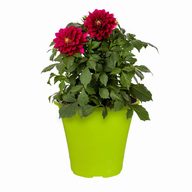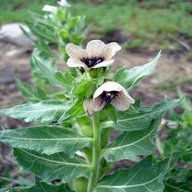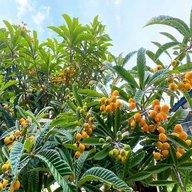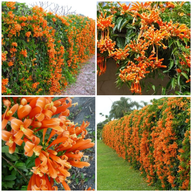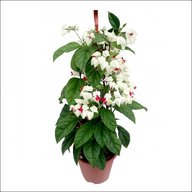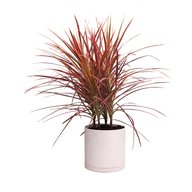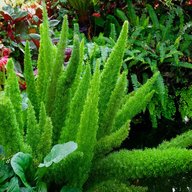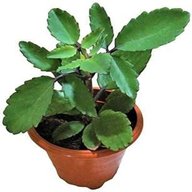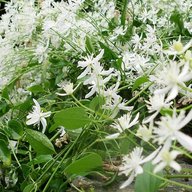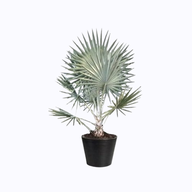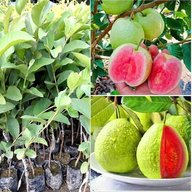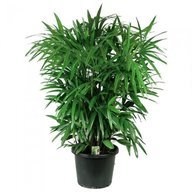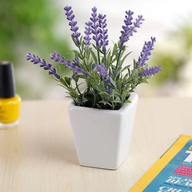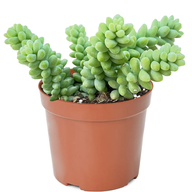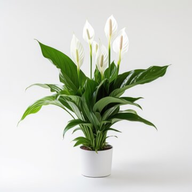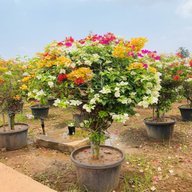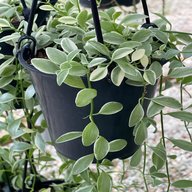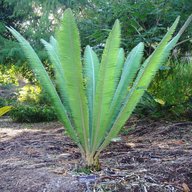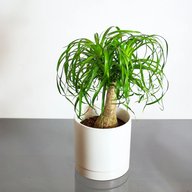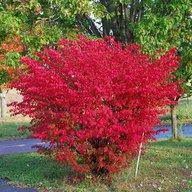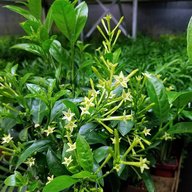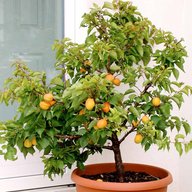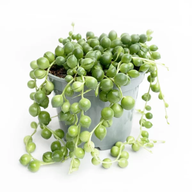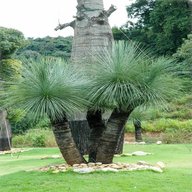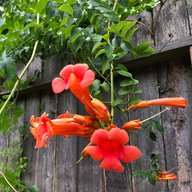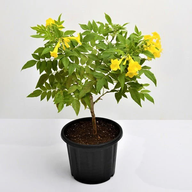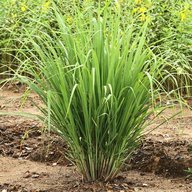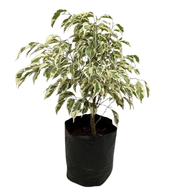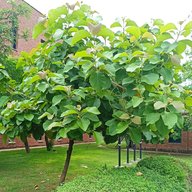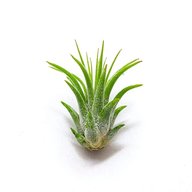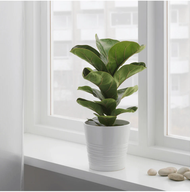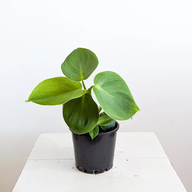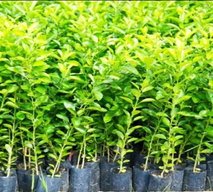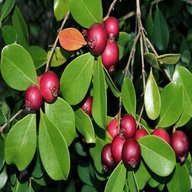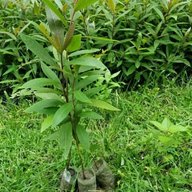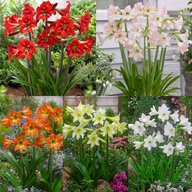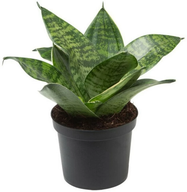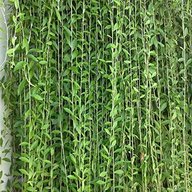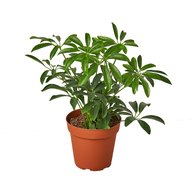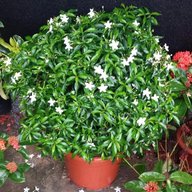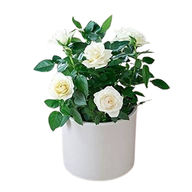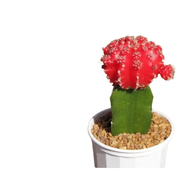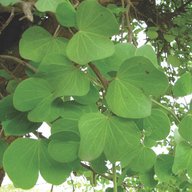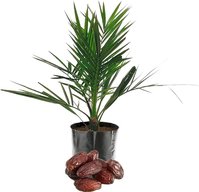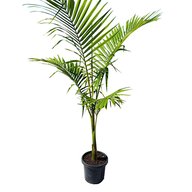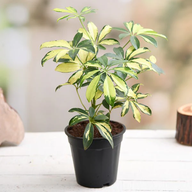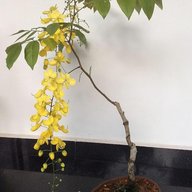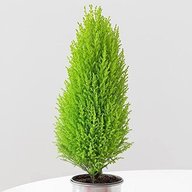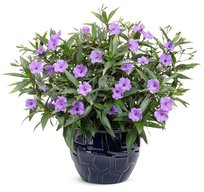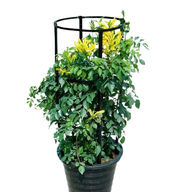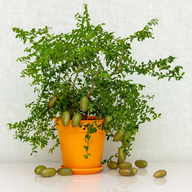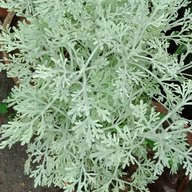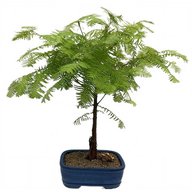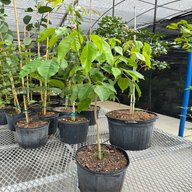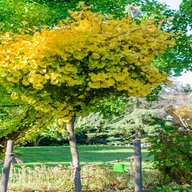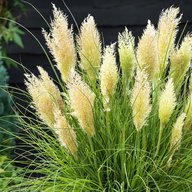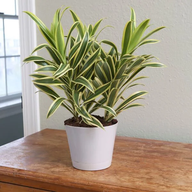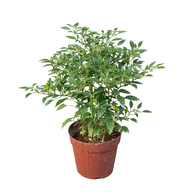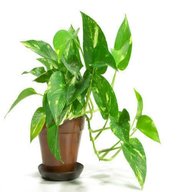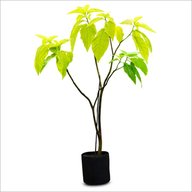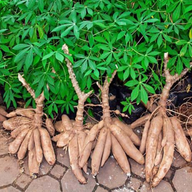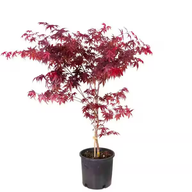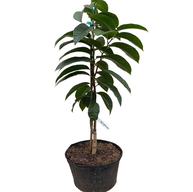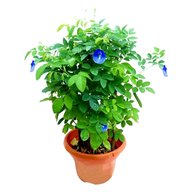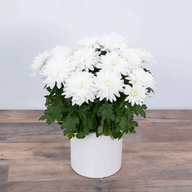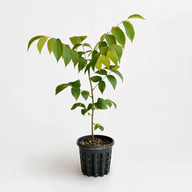Bring the zesty freshness of Desi Lemons to your garden or home with our organically grown Desi Lemon Plant! Known for its vibrant flavor and aromatic zest, the desi lemon is an essential fruit for cooking, beverages, and even natural home remedies. This hardy plant thrives in Pakistan’s climate, making it easy to grow in your backyard or in containers.
? Key Benefits:
- Fresh Lemons at Home: Perfect for culinary use, from drinks to meals.
- Compact and Hardy: Grows well in small spaces and requires minimal care.
- Vitamin C Boost: Packed with nutrients that promote good health.
- Natural Aroma: Adds a refreshing, citrusy fragrance to your surroundings.
Grow your own lemons and enjoy nature's bounty straight from your garden! ????????
Terminalia-Arjun Tree
The Terminalia-Arjun Tree, scientifically known as Terminalia arjuna, is a majestic and fast-growing deciduous tree that is native to South and Southeast Asia. This tree is well-known for its beautiful, broad leaves and striking white to pale yellow flowers. It typically reaches a height of 60-80 feet and is often planted along roadsides, in parks, and near homes for its aesthetic appeal and shade.
Benefits:
- Heart Health: The bark of the Arjun Tree is renowned for its cardioprotective properties. It is used in traditional Ayurvedic medicine to treat cardiovascular conditions, improve heart function, and manage hypertension.
- Antioxidant Properties: The tree's bark contains powerful antioxidants that help combat oxidative stress, promoting overall health and wellness.
- Anti-inflammatory: Terminalia arjuna has anti-inflammatory properties, making it useful in reducing inflammation and pain associated with various conditions.
- Cholesterol Management: Regular use of Arjun Tree extracts can help lower LDL cholesterol levels and increase HDL cholesterol, contributing to better heart health.
- Wound Healing: The bark and leaves of the tree have antimicrobial properties that aid in the healing of wounds and prevention of infections.
- Liver Health: The tree's extracts are known to support liver health by enhancing liver function and protecting against liver damage.
- Natural Remedy: Used in traditional medicine for centuries, the Terminalia-Arjun Tree offers a natural remedy for various ailments without the side effects commonly associated with synthetic drugs.
- Environmental Benefits: As a fast-growing tree, it is excellent for reforestation projects and helps in controlling soil erosion. It also provides ample shade, improving the microclimate of its surroundings.
The Terminalia-Arjun Tree is not only a beautiful addition to any landscape but also a powerhouse of health benefits. Its versatility and medicinal properties make it a valuable tree for both environmental and health purposes. Planting this tree can enhance your surroundings while offering a range of natural health benefits.
Clitoria ternatea ( Butterfly Pea ) is a herbaceous perennial that has many practical uses. Native to India and northern Africa, the Butterfly Peas are easy to grow, beneficial for the garden and produce edible blue flowers in under three months. The plant itself is drought hardy, fast growing and can tolerate a wide range of soils.
Suitable for Sub-Tropical and Tropical climates but can be grown as an annual in cooler regions.
